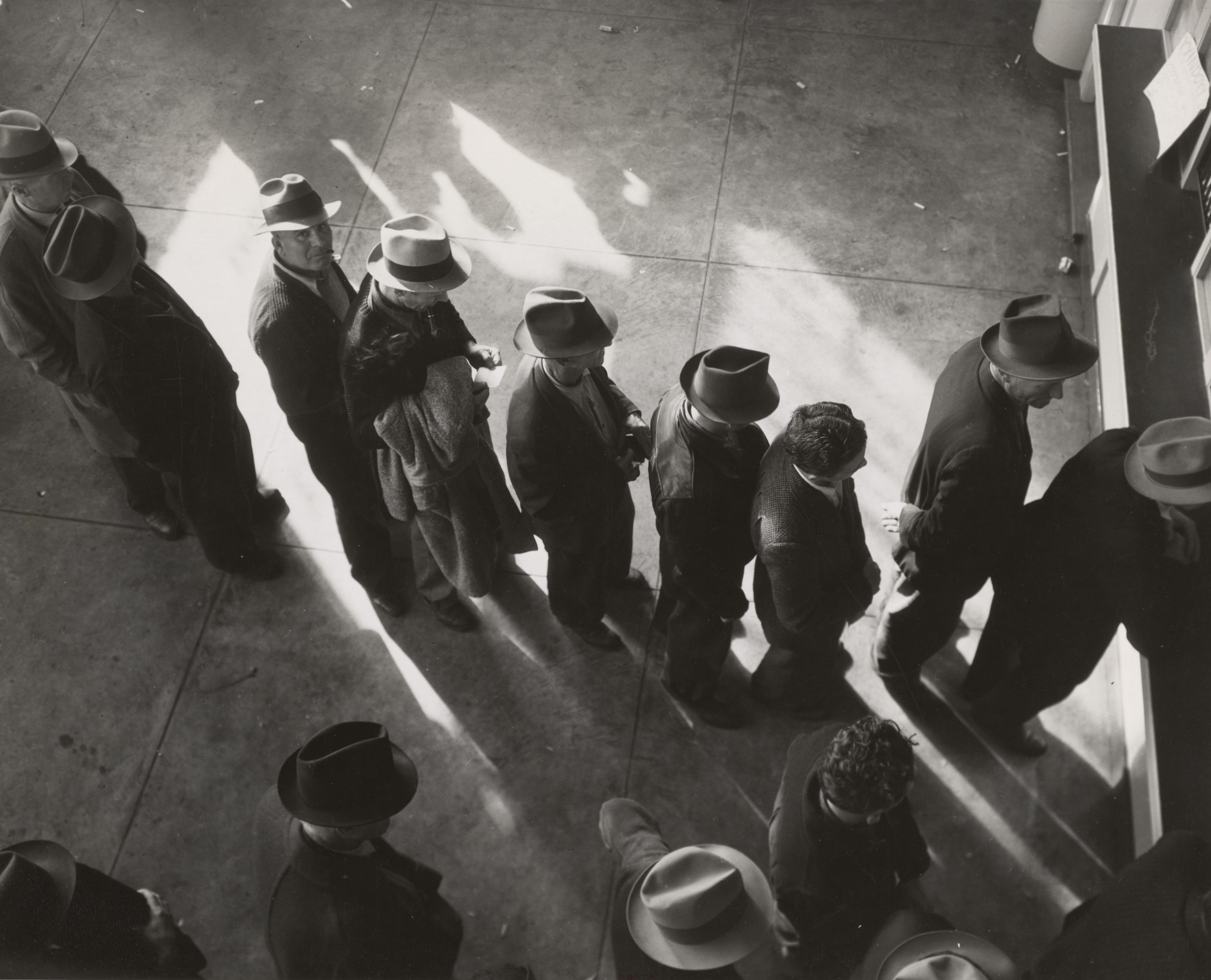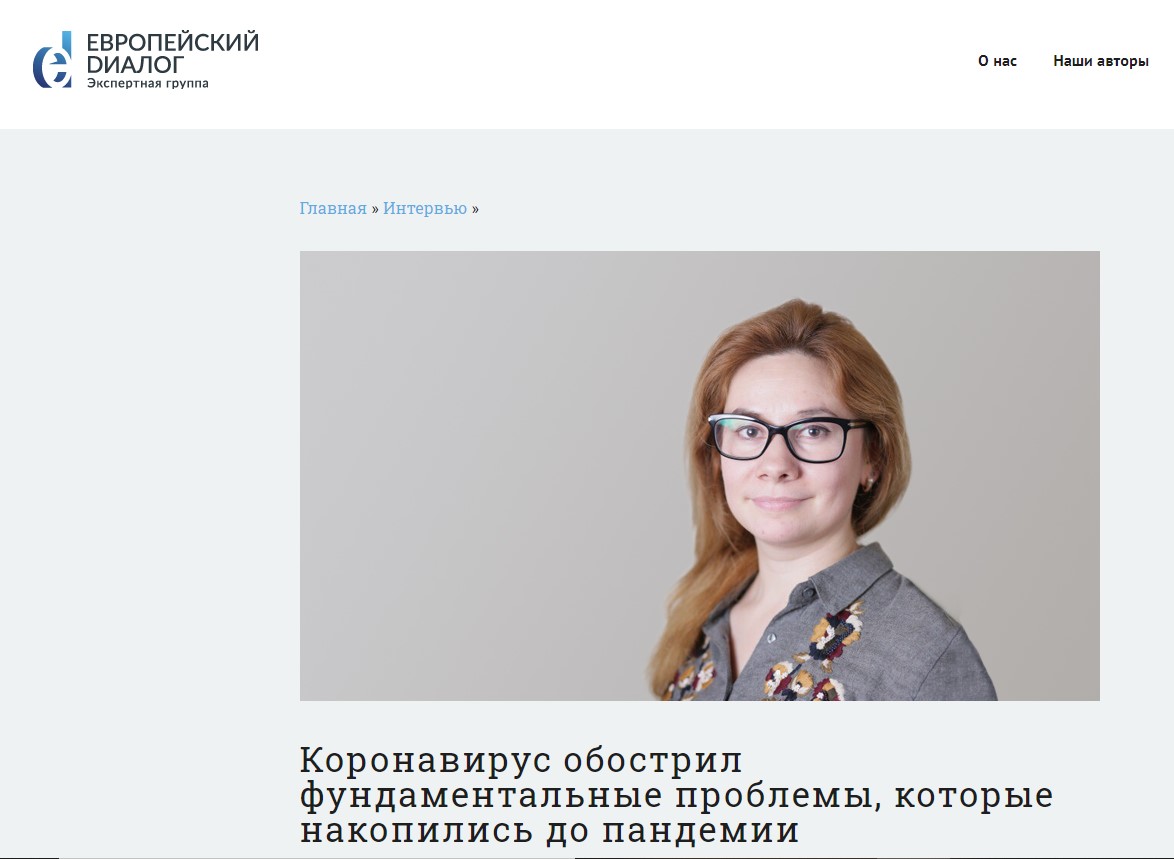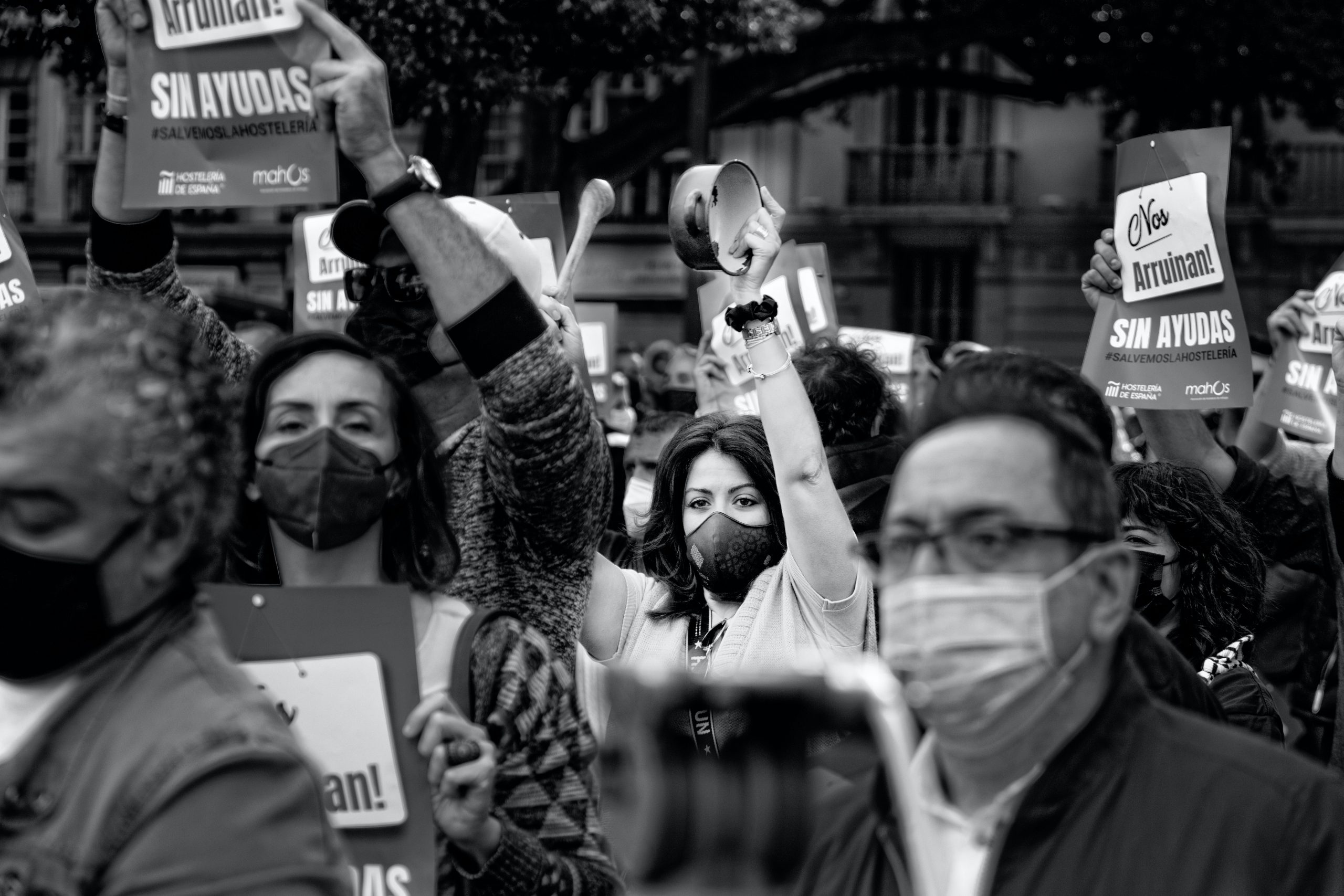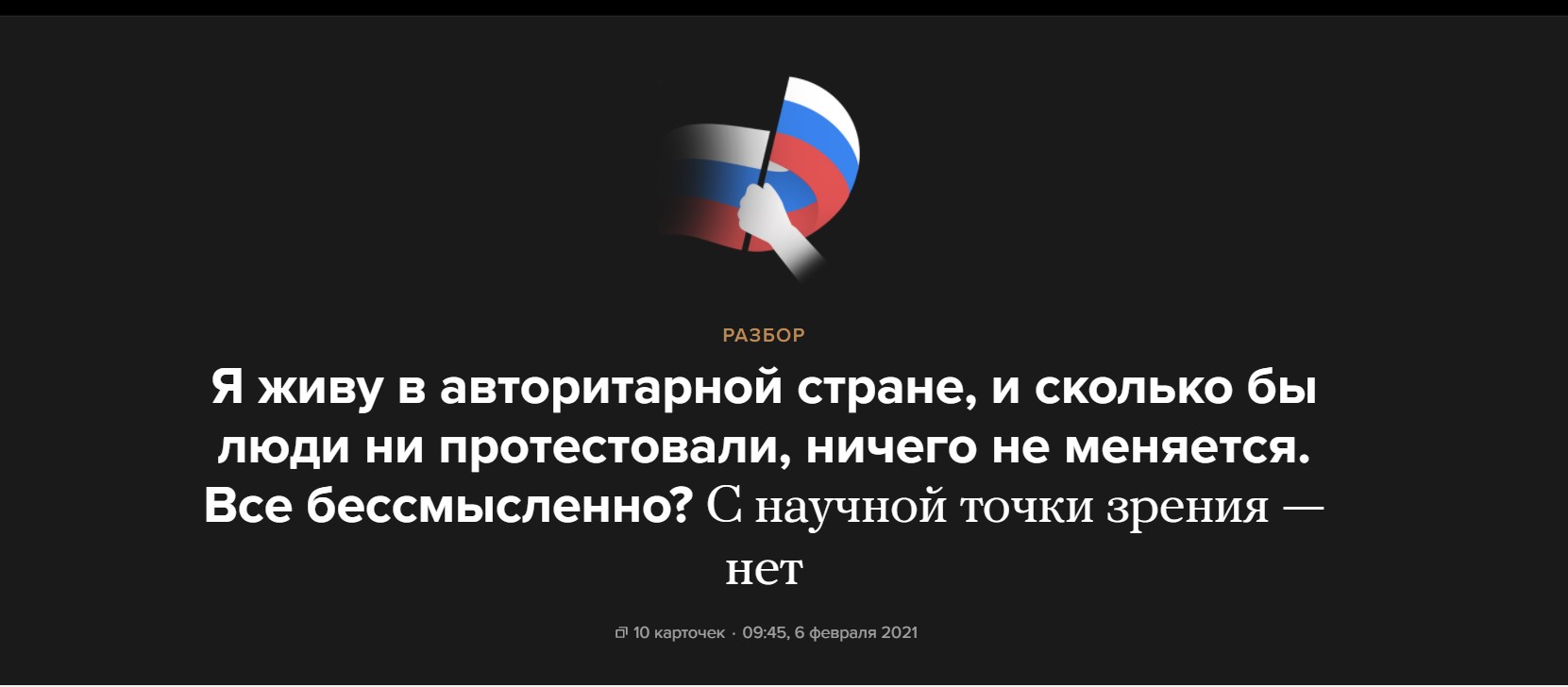Our ElMaRB team is preparing the International workshop “Electoral Integrity and Malpractice in Russia and Beyond: New Challenges and Responses”, which is going to take part in October 2021. We would like to remind you that the call for papers is open until the 1st of June, and we are waiting for your submissions through e-lomake.
At the workshop, we will have an excellent panel of Keynote speakers, and today we would like to present you the first two – Professor Norbert Kersting and Professor Vladimir Gel’man.
 Norbert Kersting is a Professor in Comparative Political Science at Local Muenster University and Chair of Comparative Political Science – Municipal and Regional Politics’. His research focuses on comparative political science, political culture, modern instruments to promote political participation and discourse, local politics, parliamentarism, e-democracy, regional integration, and sport. He published various articles and books, such as the edited book “Electronic democracy” (2012) in the IPSA series: World of Political science. He co-authored a book on “Local Governance reform in global perspective” (VS-Springer 2009).
Norbert Kersting is a Professor in Comparative Political Science at Local Muenster University and Chair of Comparative Political Science – Municipal and Regional Politics’. His research focuses on comparative political science, political culture, modern instruments to promote political participation and discourse, local politics, parliamentarism, e-democracy, regional integration, and sport. He published various articles and books, such as the edited book “Electronic democracy” (2012) in the IPSA series: World of Political science. He co-authored a book on “Local Governance reform in global perspective” (VS-Springer 2009).
During the workshop, Professor Kersting will give a talk “Direct Democracy and Integrity. Russia and beyond”. Here is the abstract of his presentation:
Referendums at used in modern authoritarian systems as well as in democracies. The new Direct Democracy Integrity Index is a newly developed empirical instrument to evaluate the variety and integrity of referendums. Based on the electoral cycle a referendum cycle was defined in order to evaluate the implementation and the integrity of referendums. It covers electoral laws and electoral procedures as well as thematic limitations of referendums in different political systems. It highlights voter registration and the initiation of referendums. It focuses on campaign and media coverage as well as on campaign financing. Furthermore, the voting process itself, the post referendums vote count, and the role of the electoral authorities are important areas for evaluation. The new instrument was used to analyse constitutional referendum as in the Turkish, Russia, etc. What is the level of integrity in Russia and elsewhere? Where is integrity and what kind of malpractices exist?
 Our next Keynote speaker, Vladimir Gel’man, is a Professor of Russian Politics at Aleksanteri Institute and a Professor at the European University at St.Petersburg, focusing on political regime dynamics, political institutions, governance and policy-making, elections, governance, and policy conduct in Russia and post-Soviet Eurasia, political parties, and political protests, and sub-national politics in Russia. Vladimir holds the Russian Political Science Association Award and is the author of various articles and books on post-Soviet politics. His latest research is dedicated to Authoritarian Modernization in Post-Soviet Russia, bad governance during the COVID-19 pandemic in Russia.
Our next Keynote speaker, Vladimir Gel’man, is a Professor of Russian Politics at Aleksanteri Institute and a Professor at the European University at St.Petersburg, focusing on political regime dynamics, political institutions, governance and policy-making, elections, governance, and policy conduct in Russia and post-Soviet Eurasia, political parties, and political protests, and sub-national politics in Russia. Vladimir holds the Russian Political Science Association Award and is the author of various articles and books on post-Soviet politics. His latest research is dedicated to Authoritarian Modernization in Post-Soviet Russia, bad governance during the COVID-19 pandemic in Russia.
The participants of the workshop will get a chance to hear Professor Gel’man’s presentation “Governing Authoritarian Elections: The Case of Russia”:
The mechanisms of electoral governance under authoritarianism aimed at preservation of political monopoly under the guise of multi-party and multi-candidate contest. However, the very framework of legal regulations and their implementation relied upon numerous political and institutional devices, carefully chosen and arranged on the basis of “menu of manipulations”, typical for some electoral authoritarian regimes. Under such conditions, regimes employs the combination of high barriers, vague norms, biased enforcement of rules, and top-down mechanisms of control. Russia demonstrated the evolution of mechanisms of electoral governance towards near-elimination of very possibilities for unwanted electoral results. Still, these mechanisms are imperfect, as they perform at the expense of legitimacy of elections and not always prevents undesired outcomes. This is why authoritarian elections is a risky game, vulnerable to disequilibrium, observed in the wake of post-election protests in 2011-2012. Based on this perspective, I will discuss the experience of elections in Russia since the Soviet collapse until the State Duma elections of 2021.
Follow our blog and ElMaRB’s LinkedIn to get all the updates on the workshop.


 Our third keynote speaker is Åbo Akademi University Research Fellow
Our third keynote speaker is Åbo Akademi University Research Fellow  Our next keynote speaker is Associate Professor at the Department of Political Science at the University of Wisconsin–Milwaukee
Our next keynote speaker is Associate Professor at the Department of Political Science at the University of Wisconsin–Milwaukee 
 Norbert Kersting is a Professor in Comparative Political Science at Local Muenster University and Chair of Comparative Political Science – Municipal and Regional Politics’. His research focuses on comparative political science, political culture, modern instruments to promote political participation and discourse, local politics, parliamentarism, e-democracy, regional integration, and sport. He published various articles and books, such as the edited book
Norbert Kersting is a Professor in Comparative Political Science at Local Muenster University and Chair of Comparative Political Science – Municipal and Regional Politics’. His research focuses on comparative political science, political culture, modern instruments to promote political participation and discourse, local politics, parliamentarism, e-democracy, regional integration, and sport. He published various articles and books, such as the edited book  Our next Keynote speaker, Vladimir Gel’man, is a Professor of Russian Politics at Aleksanteri Institute and a Professor at the European University at St.Petersburg, focusing on political regime dynamics, political institutions, governance and policy-making, elections, governance, and policy conduct in Russia and post-Soviet Eurasia, political parties, and political protests, and sub-national politics in Russia. Vladimir holds the Russian Political Science Association Award and is the author of various articles and books on post-Soviet politics. His latest research is dedicated to
Our next Keynote speaker, Vladimir Gel’man, is a Professor of Russian Politics at Aleksanteri Institute and a Professor at the European University at St.Petersburg, focusing on political regime dynamics, political institutions, governance and policy-making, elections, governance, and policy conduct in Russia and post-Soviet Eurasia, political parties, and political protests, and sub-national politics in Russia. Vladimir holds the Russian Political Science Association Award and is the author of various articles and books on post-Soviet politics. His latest research is dedicated to 


